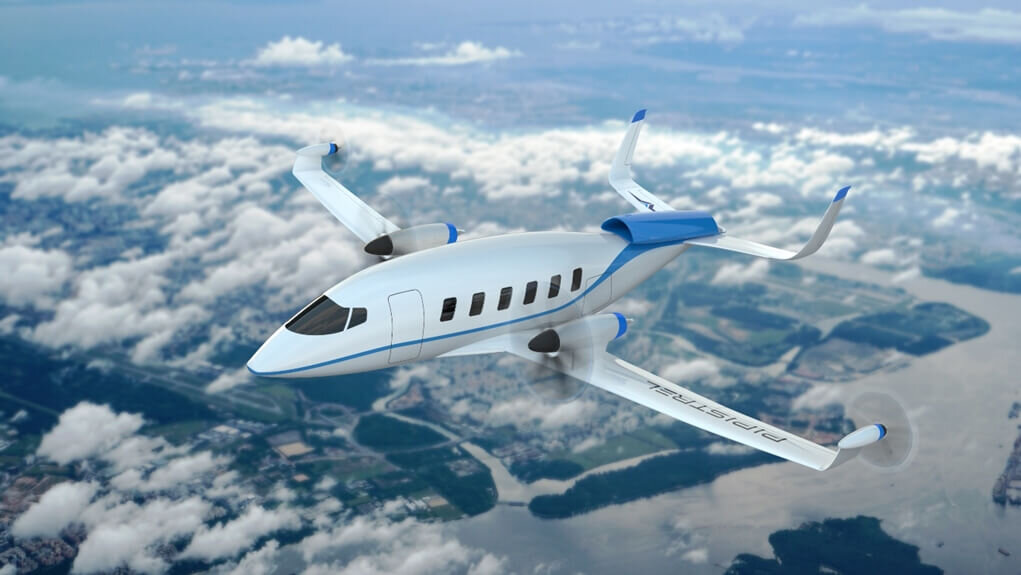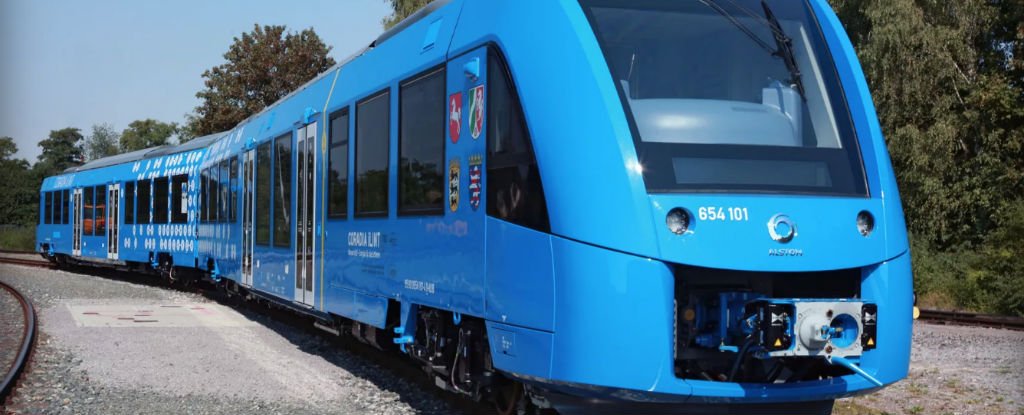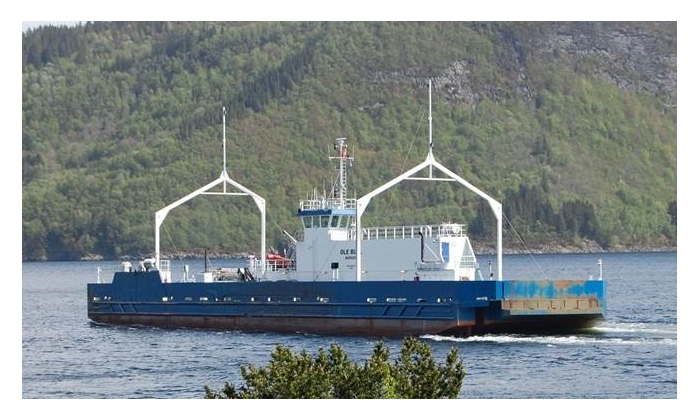
by GaiaInnovations | Feb 28, 2021
Slovenia’s Pipistrel Aircraft, best known for its range of lightweight two-seaters, is nearing the launch of a new hydrogen fuel-cell- and battery-powered 19-seat hybrid that it hopes will revolutionise the commuter-category segment.
Dubbed the “Miniliner”, the aircraft could enter service by 2030, the company says, and will offer a substantial cut in operating costs against current designs.
Pipstrel says the Miniliner will be able to perform short point-to-point services between cities, boosting connectivity for underserved locations, or what it calls “microfeeder” flights into bigger hubs.
Power from the fuel cells will be sufficient for most departures, but batteries are provided to boost short-field performance, allowing departures from runways down to 800m (2,620ft). This, it says, will allow access to 80% of Europe’s airports.
While Pipistrel sees the optimum flight length as between 160-215nm (300-400km), the Miniliner will be able to fly for around 1,000nm on a single tank of liquid hydrogen.
Read the whole article in FlightGlobal.

by GaiaInnovations | Oct 13, 2016
The world’s first hydrogen-powered passenger train is coming to Germany
The world’s first hydrogen-powered passenger train has been unveiled this week by French transport company Alstom, which will be operating the incredibly quiet and environmentally friendly ‘Coradia iLint’ in Germany from next year.
The best thing about the Coradia iLint train is that it only leaks excess steam and condensed water into the atmosphere, which means it offers a zero-emissions alternative to Germany’s 4,000-strong fleet of diesel trains.
Nicknamed the hydrail, it’s set to become the first hydrogen-powered passenger train to regularly operate over long distances.
Read the rest of the article by BEC CREW in Science Alert.

by GaiaInnovations | Oct 12, 2016
CMR Prototech is planning to install hydrogen fuel cells on the Osterøy car ferry “MF Ole Bull”, operating between Valestrand and Breistein just outside Bergen. The ferry will be the first car ferry in Norway to use hydrogen as fuel. The aim of the project is to demonstrate the feasibility of hydrogen and fuel cells for marine electric propulsion, and to test hybrid operation together with Li-ion batteries. One of the ferry’s two diesel engines will be replaced by an electric motor powered by 200 kW commercially available PEM fuel cells combined with 100 kWh batteries.
This information comes from the website of Christian Michelsen Research.


